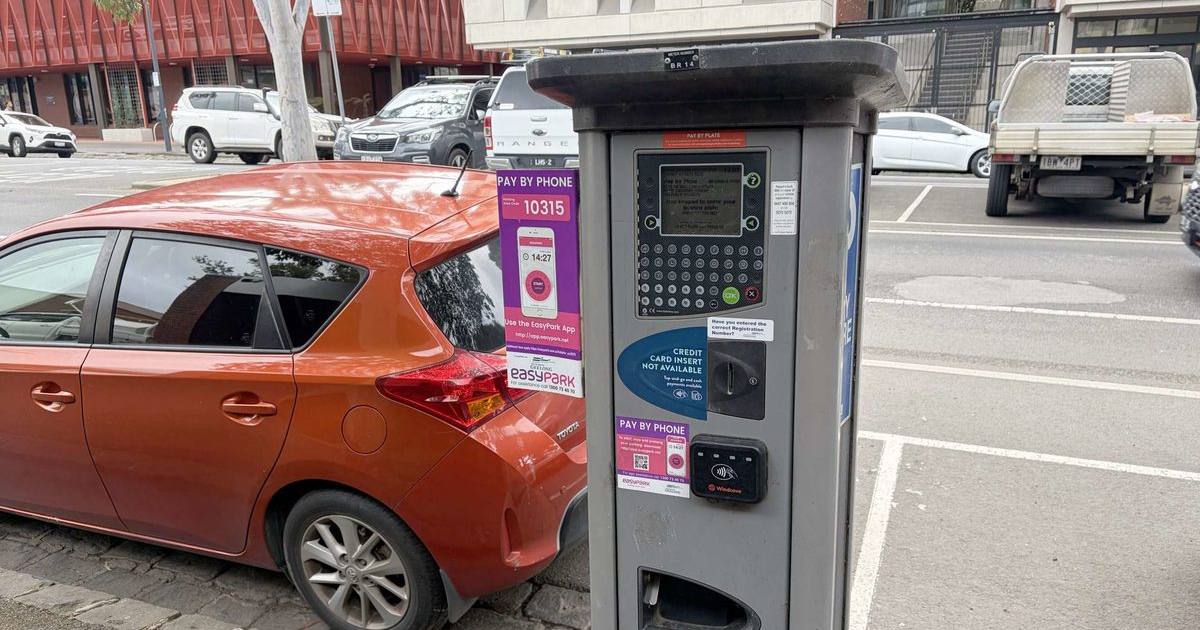McKellar expansion to help meet mental health demand

Construction of a new 16-bed acute mental health unit at the McKellar Centre in North Geelong is underway and will help the Barwon Health team - including nurses Nicole Pupavac and Rachel Tindall - deliver much-needed mental health care
BY ALISON MARTIN
GEELONG residents will soon have much-needed mental health support closer to home, with construction started on the new McKellar Centre Acute Mental Health Unit.
The new facility at Barwon Health’s North Geelong facility will provide 16 acute mental health beds and community-based care in a contemporary, safe and high-quality hospital setting.
It is estimated about 10,000 people across the G21 region would benefit from mental health treatment every year and current resources are unable to meet the demand.
However in response to the findings of the Royal Commission into the mental health system, new specialist facilities across the Geelong region are being prioritised.
Clinical director of Barwon Health Mental Health, Drugs and Alcohol Services Associate Professor Steve Moylan said the new McKellar Inpatient Unit, funded by the state government as part of its response to the Royal Commission, would provide state-of-the-art facilities for people aged over 50 to receive inpatient psychiatric care and support.
There will be several internal courtyards, as well as enclosed garden areas, which will provide a secure area for patients and staff to enjoy greenery and fresh air.
The McKellar mental health unit will also provide patients who require additional care with direct access to rehabilitation and other health services at the one location.
The McKellar development is in addition to the recently announced Mental Health Hub in central Geelong, three other centres to be built across the Barwon region and a specialist area at Geelong University Hospital’s Emergency Department.
Work on the new five-storey Geelong Mental Health Hub on Moorabool Street is set to start later this month and is due for completion by the end of 2022.
“There are two more of these hubs proposed for the Greater Geelong region and another in Colac, providing an entrance point for anyone of any acuity to receive immediate care,” Professor Moylan said.
“Estimates suggest about three per cent of the population would benefit from treatment with an area mental health service each year,” he said.
“However, we understand that the service system, as reported in the Royal Commission report, has not been capable of meeting this demand, which is why we are very excited about the reforms stemming from the Royal Commission that will enable both greater access and greater quality of care for our communities.”
In addition to increasing capacity to provide support for people experiencing mental illness who require immediate treatment, these projects will reduce pressure on emergency departments.

















